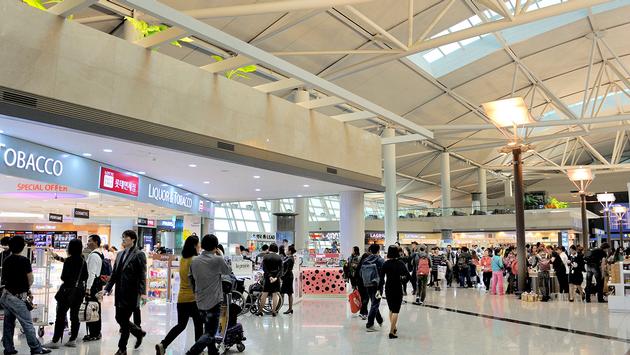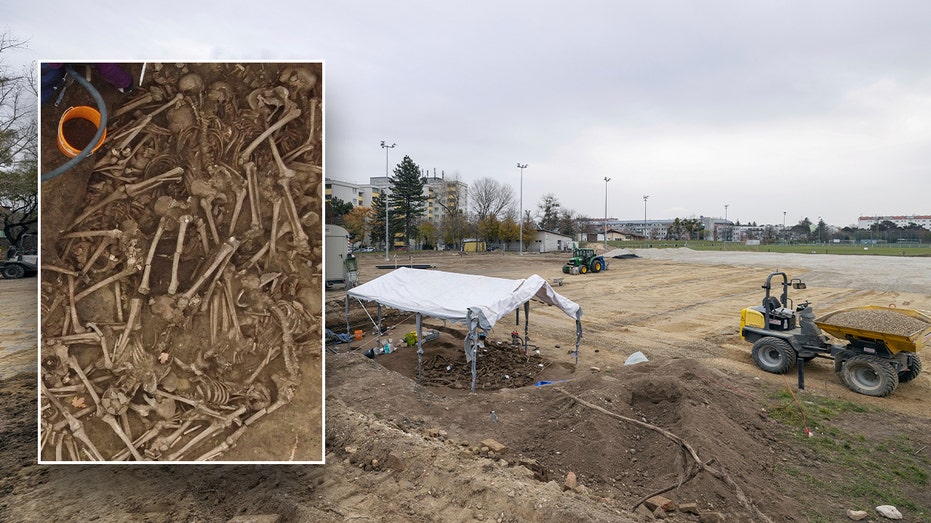- by foxnews
- 08 Apr 2025
South Korea Reopens to Vaccinated Travelers
Fully vaccinated international travelers who have registered their vaccination status can now visit.
- by travelpulse
- 07 Apr 2022
- in travel

South Korea has announced that it is reopening its borders. Those who are fully vaccinated and who have registered their vaccination status can now enter the country and avoid the seven-day quarantine period.
Travelers will still need to show a negative PCR coronavirus test.
South Korea had previously eased the quarantine requirement in 2021 but reinstated the policy as the Omicron variant began to spread.
The country expects an influx of travelers as the previously announced reopening becomes official. Incheon International Airport expects to see passenger traffic exceed 20,000 for the first time since the pandemic shutdown of travel around the globe.
South Korea officials noted that they can reinstate travel restrictions with the onset of another wave of COVID-19.
South Korean health authorities said quarantine requirements can be brought back depending on the coronavirus situation. "We will continue to monitor virus risks of each country in case of situations like emergence of a new variant of concern, and we will designate and manage the range of country-based quarantine exemption in a flexible manner," Jeong Eun-Kyeong, commissioner of the Korea Disease Control and Prevention Agency, told the Washington Post.
U.S. Centers for Disease Control and Prevention currently lists South Korea in its Level 4 risk category.
However, the country is preparing to modify some of its COVID-19 restrictions and mask mandate in the month of April.
Starting April 4, the country plans to lift a curfew on eateries, pushing it back to midnight, and private gatherings of up to 10 people will be allowed.
Citizens will be mandated to wear masks at indoor public venues rather than also outdoors.
For the latest insights on travel to South Korea, check out the guide below:
- by foxnews
- descember 09, 2016
Ancient settlement reveals remains of 1,800-year-old dog, baffling experts: 'Preserved quite well'
Archaeologists have recently unearthed the remarkably well-preserved remains of a dog from ancient Rome, shedding light on the widespread practice of ritual sacrifice in antiquity.
read more




